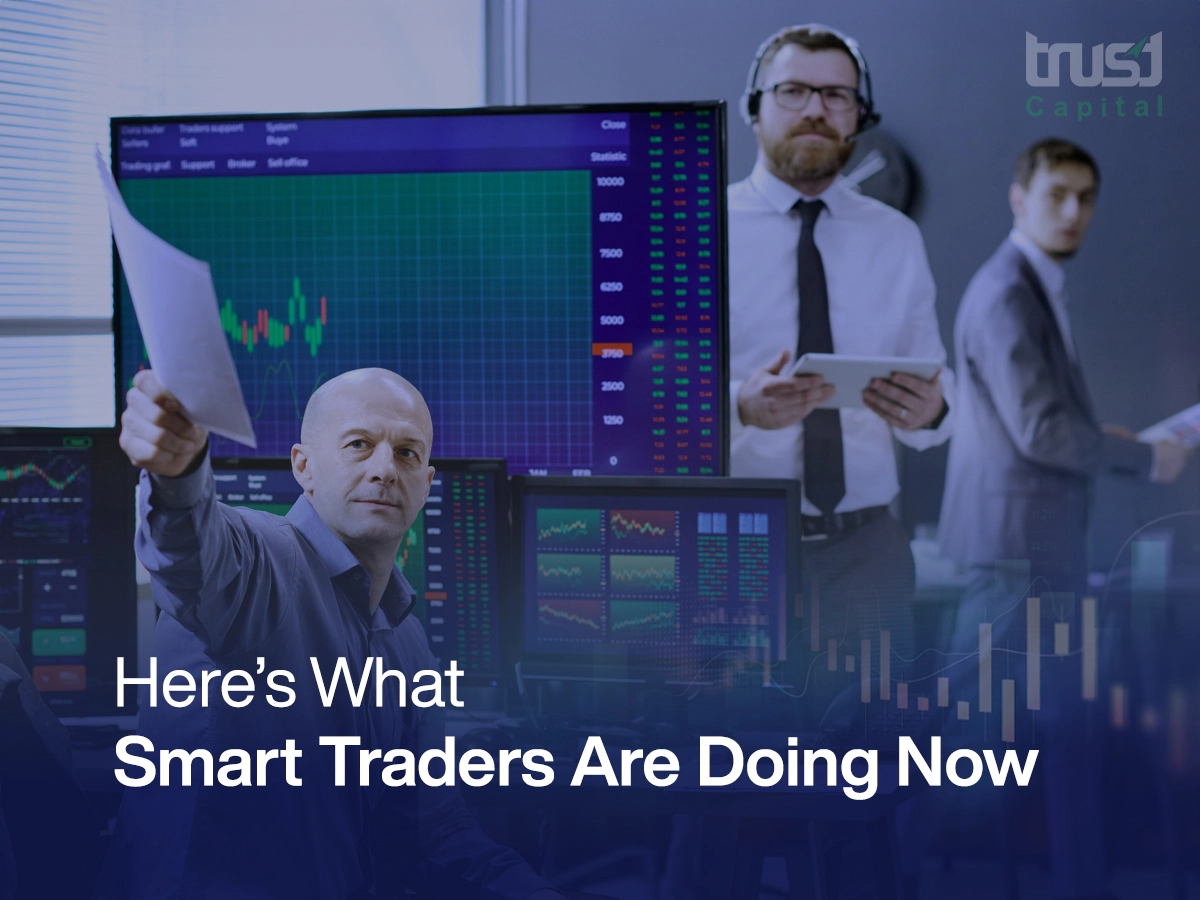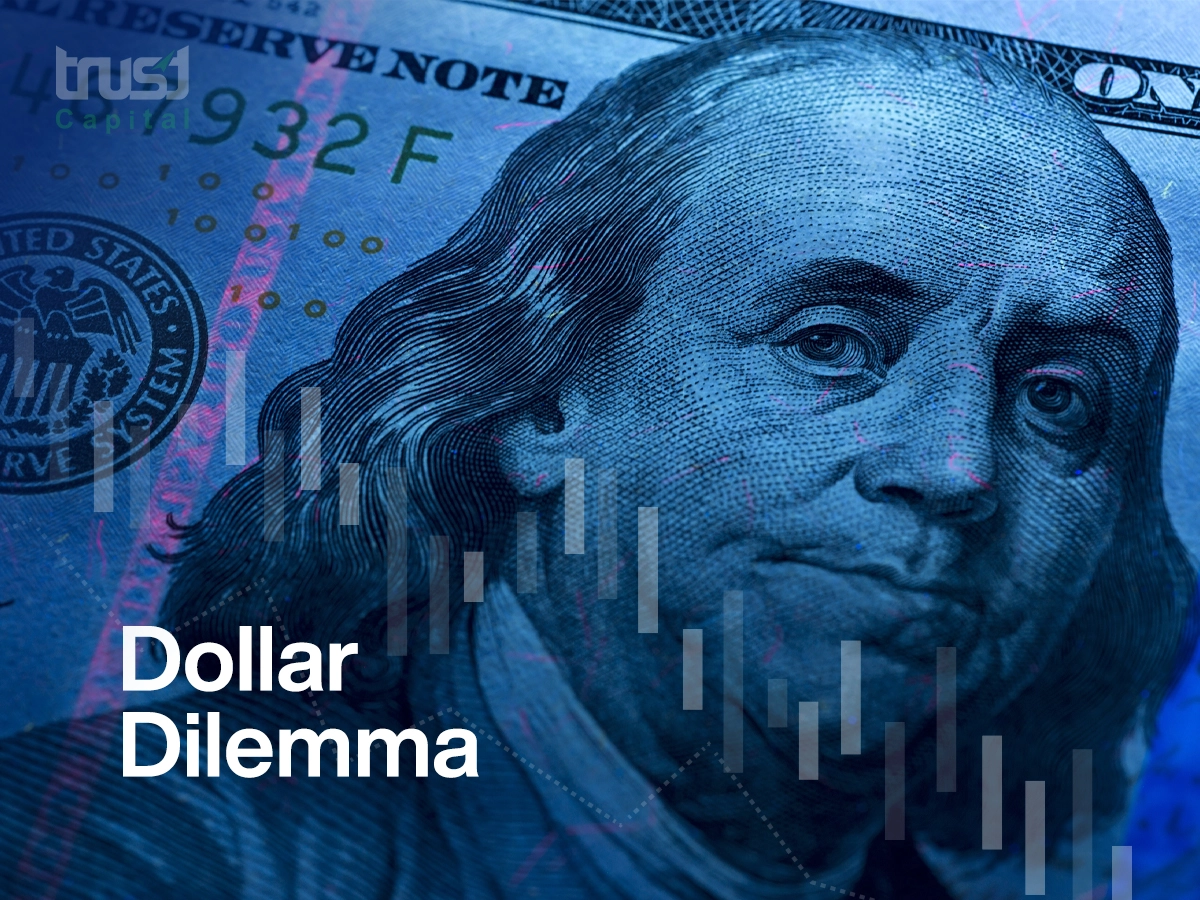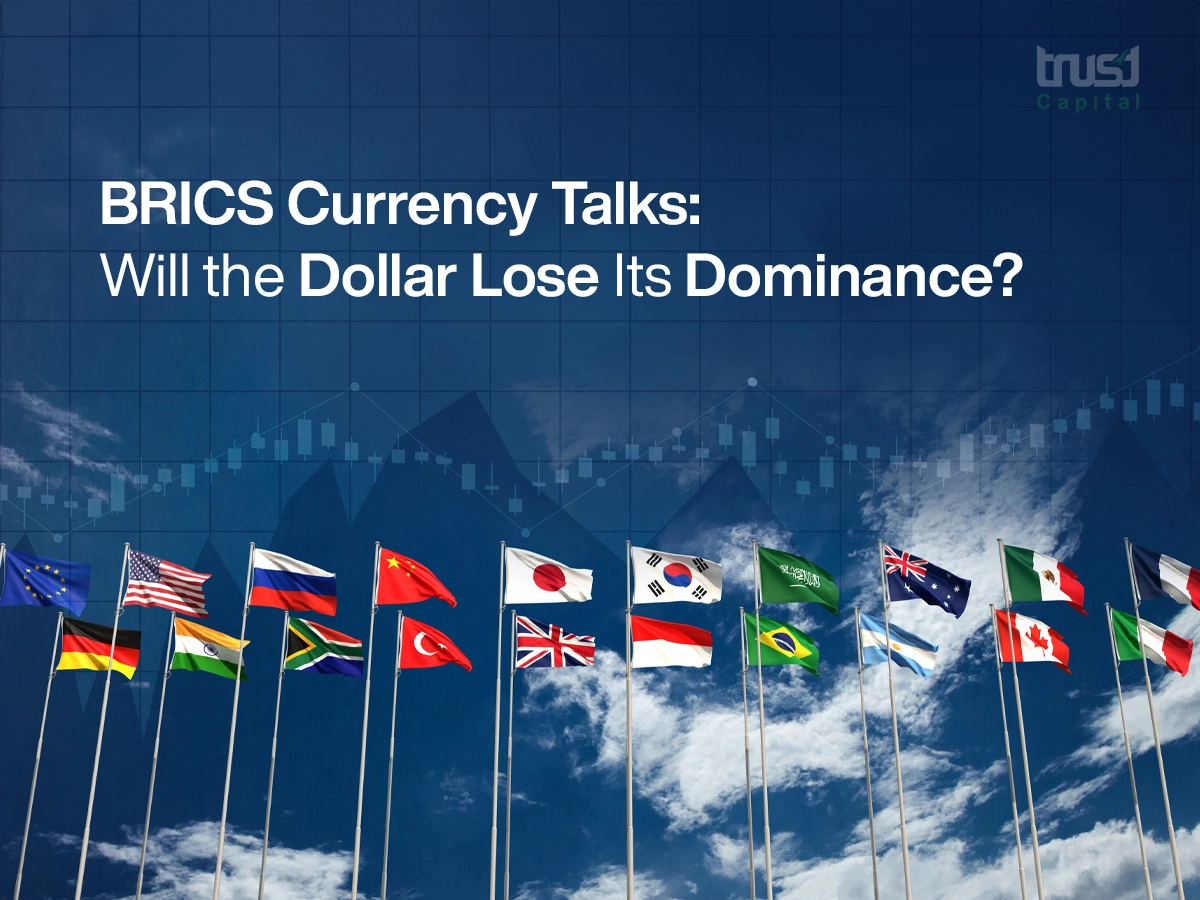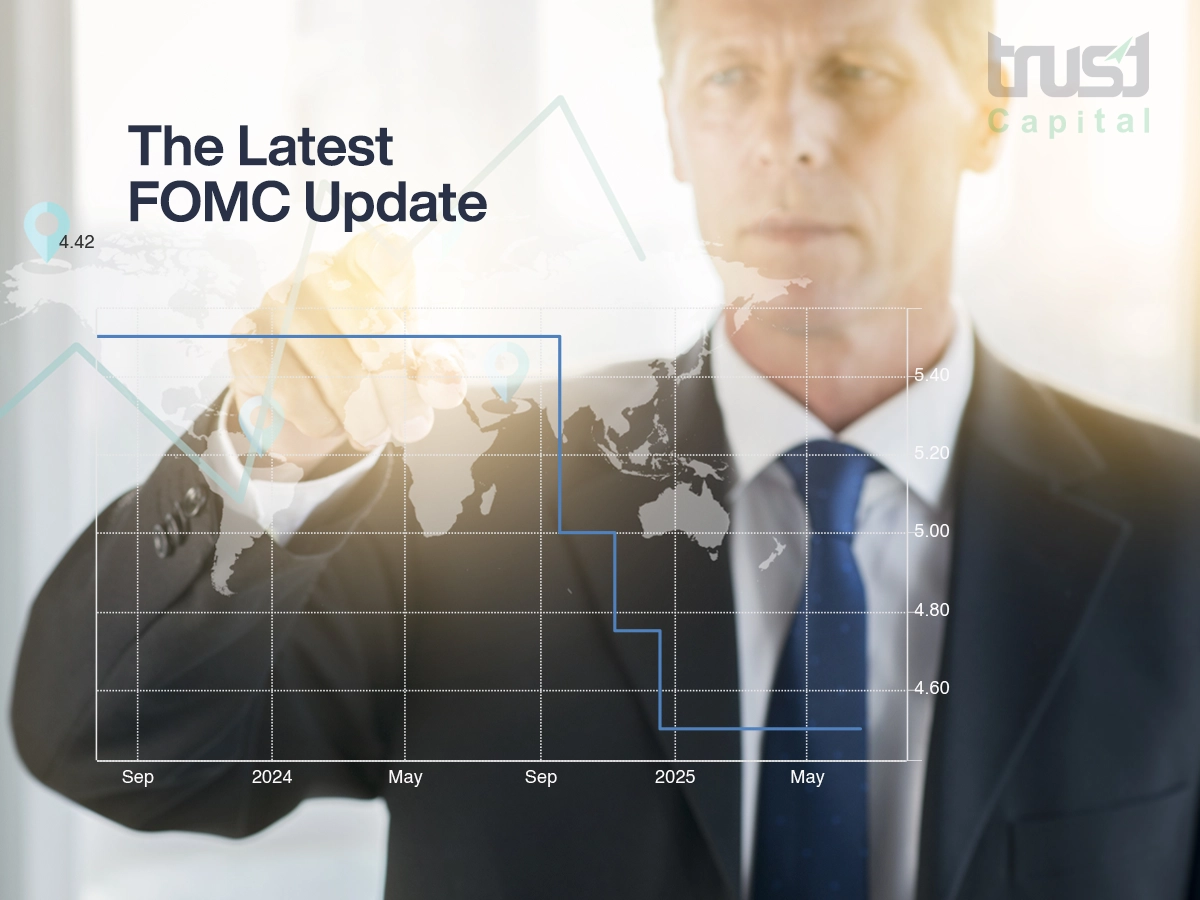Tariff Tensions Reloaded: How Traders Can Hedge Against Geopolitical Uncertainty
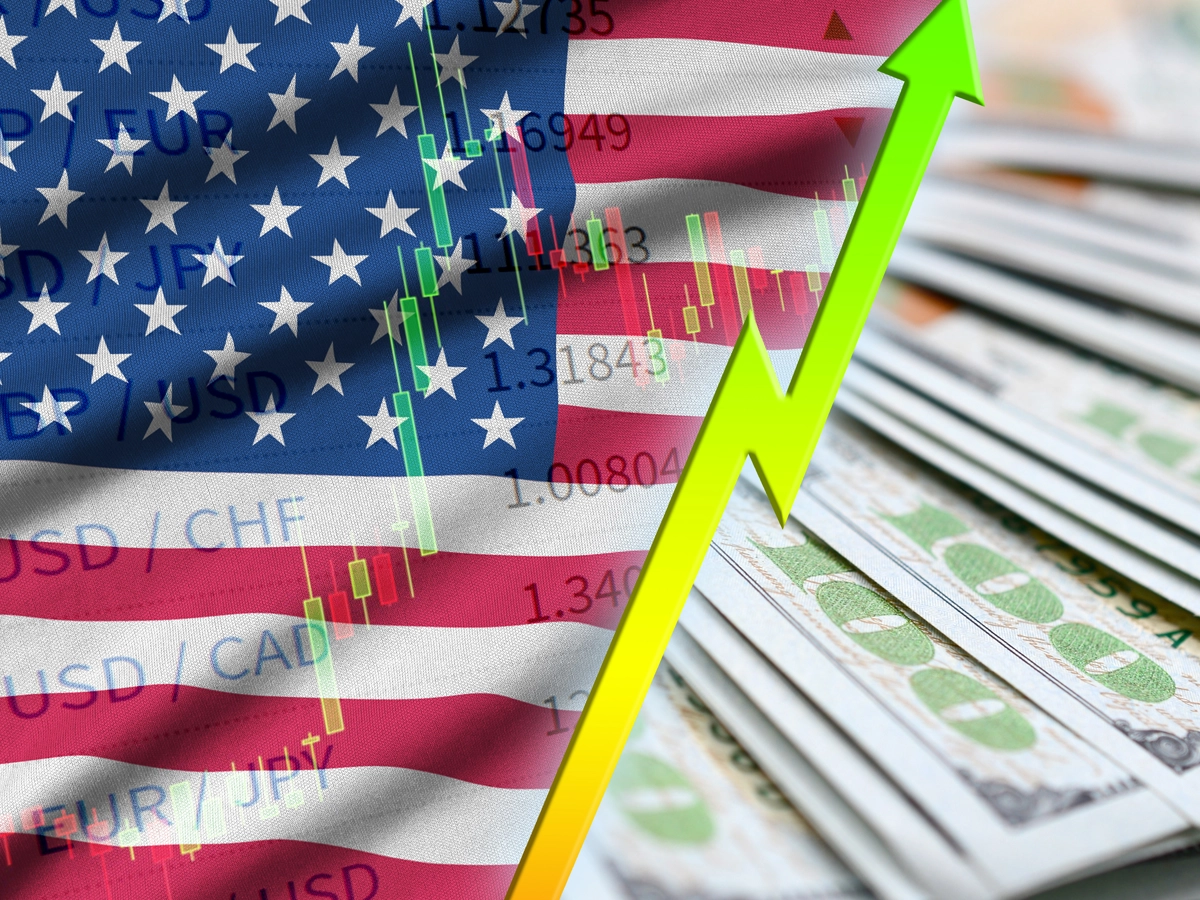
In 2019, U.S. President Donald Trump shocked the entire global economy with a single tweet: a sharp increase in tariffs on Chinese imports. This caused a sharp downturn in the stock market, and the price of gold spiked. So that moment was a lesson to the financial trading world that global trade risk can emerge at any time, and it can make or break traders' fortunes overnight.
Now, in 2025, history is unfolding again. Tariff tensions are flaring up again, and it's time for those who are involved in forex marketing and global trading to re-evaluate strategies and shore up their hedging plans.
Tariff Tensions Rise Again
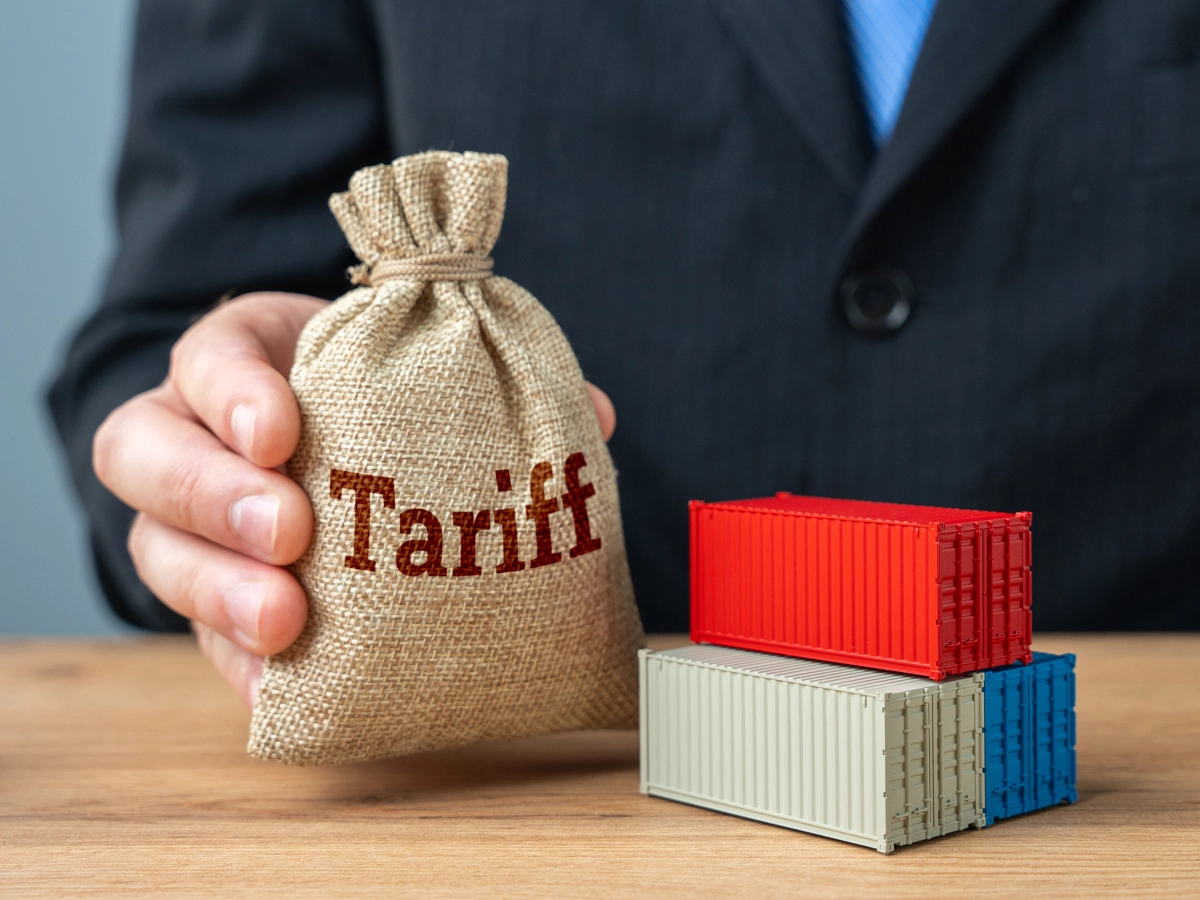
By the end of April 2025, a 34% tariff was levied on Chinese goods by the United States, indicating national security concerns. A reply to this, China has struck back with retaliatory measures by elevating tariffs and putting restrictions on rare earth exports. The necessity for these materials for high-tech manufacturing and defence sectors is very important, which makes these a big global issue.
According to the analyst's prediction, these strained trade relations between West and East lead the global trade risk to expected to be anticipated to remain throughout the year. The Bloomberg research says that the forex market impact was for sure, the USD/JPY experienced a sudden change in market value, and within two days, the price of gold increased by 3 %.As this tariff tension has made financial trading more vulnerable, traders have to act more smartly and faster.
How Tariff Tensions Affect the Forex and Trading Market
Political instabilities and Tariffs always play a crucial role in the entire trading market, regardless of which you are into, like forex marketing, commodities, or equity trading. Here, let's take a look.
-
Forex Market Impact: Geopolitical events like wars and international crises can directly impact currency pairs. When it comes to Japanese Yen ( JPY) and Swiss Franc ( CHF), they are considered safe-haven currencies, and during the global uncertainties, this will only strengthen. But currencies like the Chinese Yuan and other emerging market currencies will fall under pressure.
-
Commodities: When tariffs are imposed, it leads to an increase in the price of goods, which can affect supply chains and all other transporting and importing, like oil and metals. Even tariffs on agricultural foods can directly affect consumer pay and farming profits. During this time, investors used to buy gold because it is considered riskier than currencies and stocks, and they did so in April 2025.
-
Global Trading in Equities: Other sectors that tariffs will affect very badly are those companies that are dependent on importing and exporting internationally, like Tech, automotive, and manufacturing will become riskier investments. This was evident when the S&P 500 dipped after the tariff announcement.
5 Effective Forex Hedge Strategies Against Global Trade Risk
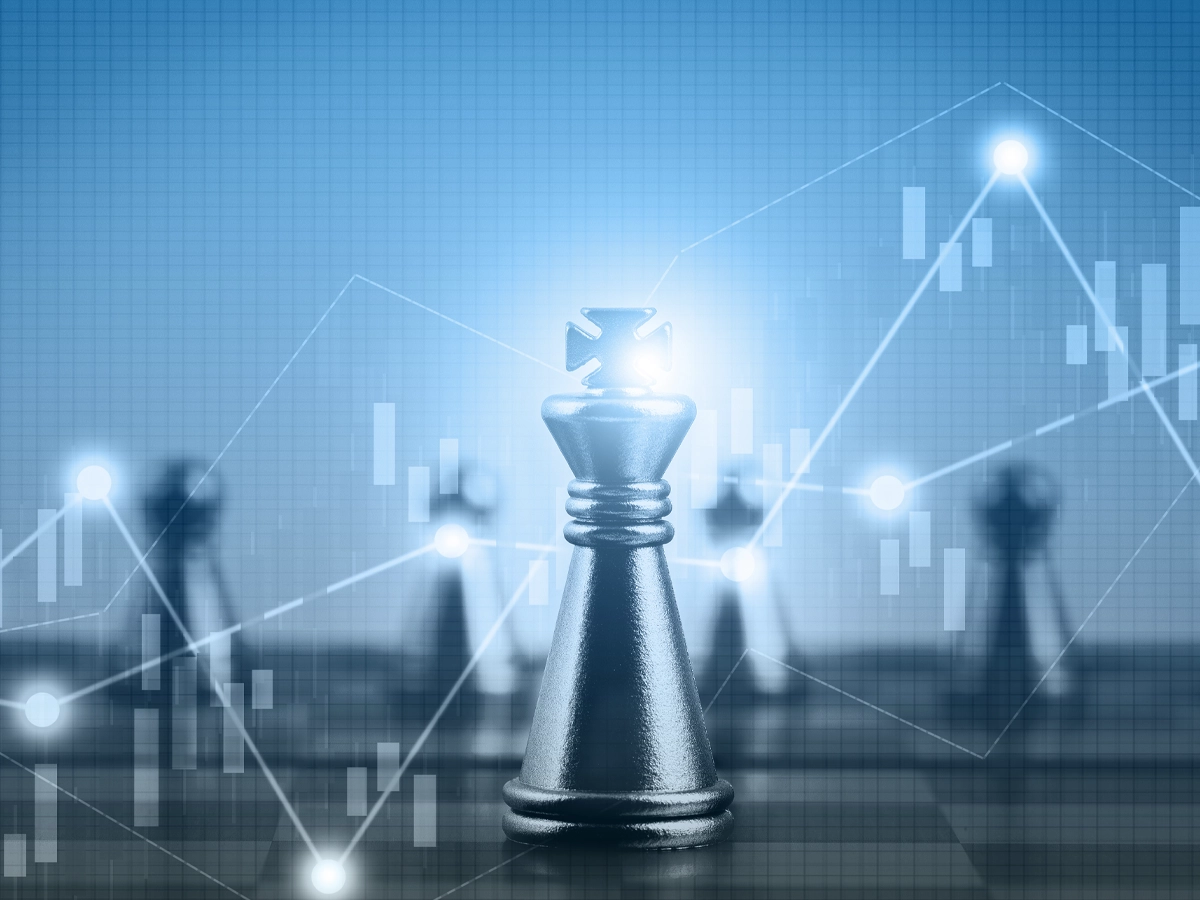
So, like these unstable and unpredictable market conditions, it's very necessary to implement the right strategies for minimising loss and maximising profit. Here are 5 ways for traders to follow in these situations.
1. Use Forex Hedge Techniques
One of the best ways for traders to make themselves safe, during a situation where the forex market is unpredictable, is by opening offsetting positions. It means you can take opposite positions in different currency pairs. One of your bets (short USD/JPY) is expected to make money if the widespread assumption of safe-havens strengthening materializes, possibly offsetting losses in the other position (long USD/CHF). By taking opposite positions against two currencies that frequently move similarly in times of crisis, you are attempting to offset some of the risk rather than betting on the USD moving significantly in one direction against all safe havens. Moreover, this can reduce the risk, too.
2. Diversify in Financial Trading
Always remember to never depend on a single market or currency. Instead, try different assets like forex pairs, commodities, and global indices, which help to trace the whole stock market around the world. By practising this method, even though one side of the market goes badly, on the other side, it can cover your loss.
3. Lean Into Safe-Haven Assets
We know these market instabilities. If the international market is causing any problem, one of the smartest moves a trader can make is to invest some of their money in safe assets like gold, CHF, or JPY. These are traditionally considered among the safest investment options. Even though the world market is shaking, these always provide stability.
4. Stay Updated on Global Trading News
To become a successful trader, first you have to be alert all the time about the geo-political events, economic announcements, and the whole atmosphere of the market. So, for that, make sure to use modern trading platforms that can bring up-to-date current information regarding trading and all. By getting this information, a wise trader can make the correct decision.
5. Explore Options and Futures Contracts
You can employ certain tools to protect your investments: If you hold stocks and fear prices will fall, you can buy “put options” that essentially give you the right to sell your stocks, but at a preset price, which would cap your losses. If you’re raising your hand in protest that your company sells beef or widgets or soybeans and supply chain issues could send prices skyrocketing while you’re home eating lunch waiting for your camera/microphone to stop feeding back, don’t fret: “Commodity futures” can lock in a price to sell or buy in the future.
Be Proactive, Not Reactive
The hissing engine sounds are the music to our ears in the world of financial trading; we thrive on movement, but unguided movement in the form of global trade risk can be lethal. As forex competition becomes tougher and as global trading becomes more interdependent, traders will need to create systems that are adaptable, recoverable, and sound.At a moment when the markets can be upended by a single movable tariff announcement, it’s not just a strategy to think one step ahead, it’s survival.
